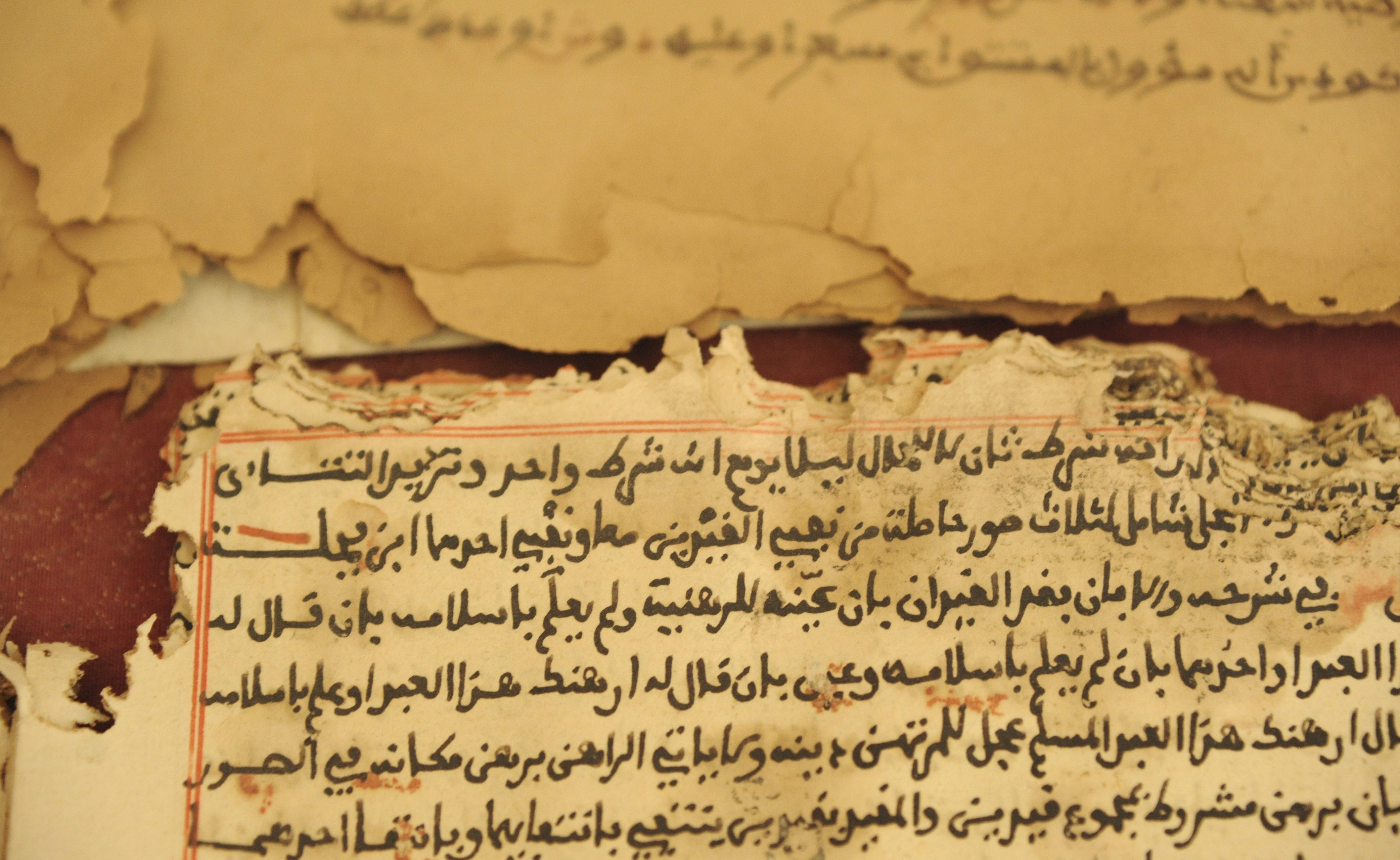The history of paper

Paper was invented in China before it was introduced in Europe during the late Middle Ages, but no one really knew what happened in between
Published 3 April 2019
Before paper, we had papyrus - made from reeds in Egypt, or parchment - made from the skin of various animals. And then China invented paper in order to collect Buddhist texts. From there, over the next two centuries, the use of paper moved through Central Asia used by merchants, government and commerce.
But, how did we get from Ancient Egyptian scrolls to modern-day office paper?
Jonathan Bloom is the now-retired Norma Jean Calderwood University Professor of Islamic and Asian Art at Boston College. He is also the soon-to-be retired Hamid Bin Khalifa Endowed Chair of Islamic Art at Virginia Commonwealth University.
Sheila Blair is the Norma Jean Calderwood University Professor of Islamic and Asian Art at Boston College Emerita, as well as the soon-to-be retired Hamid Bin Khalifa Endowed Chair of Islamic Art at Virginia Commonwealth University.
Between them, they have explored how paper spread around the world, transporting ideas and information.
Episode recorded: March 12, 2019
Interviewer: Dr Andi Horvath
Producer and editor: Chris Hatzis
Co-producers: Silvi Vann-Wall and Dr Andi Horvath
Banner: Getty Images
Subscribe to Eavesdrop on Experts through iTunes.


